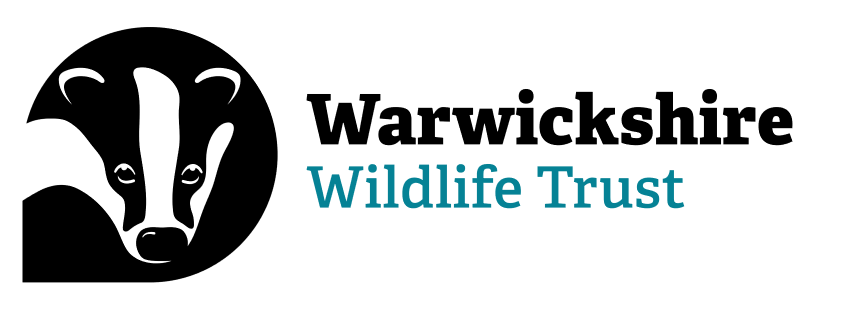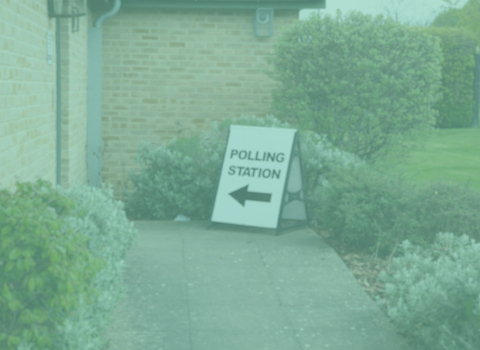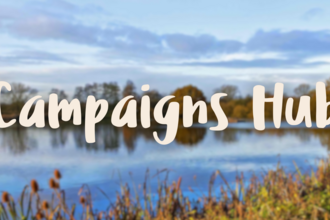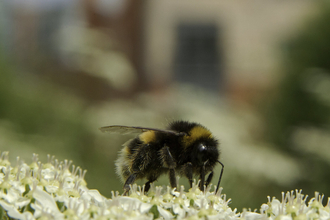Get ready to vote with nature in mind
On Thursday 1st May, local elections will be held across Warwickshire to elect councillors. All 57 councillor positions will be elected which will run for a four-year term in office. These councillors represent your local area so it is important that you vote with nature in mind.
Wildlife is struggling. Across the UK, overall species abundance has declined since 1970 - and statistics aren’t getting any better. This loss is a tragedy but it's also a threat to us all. Less nature means less food and will lead to more flooding, more pollution, more ill-health, and more economic risk.
What could the future of your local area look like for wildlife and people?
Our Three Priorities for Councillors
When candidates become councillors, there are three initial steps they can take to bring nature back to their community
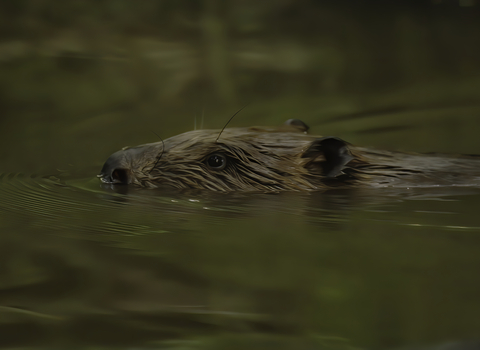
Russell Savoy
Use the Local Nature Recovery Strategy to inform planning decisions
Local Nature Recovery Strategies (LNRS) are a blueprint for restoring nature at a local level. LNRS will include agreed priorities for recovering and enhancing local wild spaces and bringing wildlife back to health. There is a legal duty on planning authorities to regard the LNRS when making decisions, and there will be a new duty to take them into account in plan-making.

Brandon Marsh murmuration by Ste Hartley
Support Local Wildlife Sites
Local Wildlife Sites are important and distinctive spaces for nature. These cover 5% of England and are selected locally to provide protection to threatened species and habitats. There is a duty in Planning Policy on planning authorities to identify, map and safeguard these protections.

Penny Dixie
Unlock the potential of nature to improve health and education outcomes
Access to nature is proven to improve health and well-being. Time spent in nature has positive outcomes for children’s learning experiences in schools, including improved attainment and engagement with their peers, teachers, and subject matter.
Key Local Council Election Questions
What is a local election?
Local council elections take place every four years. You must be registered to vote, be 18 or over on the day of the election, be registered at an address in the area you want to vote in, and not be legally excluded from voting.
Councillors in England and Wales are elected using a system called 'First Past the Post.' This means that the candidate with the most votes will win the councillor position.
The ballot paper will let you know the number of councillor candidates that you can vote for in your local area.
What is a councillor?
The main role of a councillor is to represent their ward or division. This means representing the people who live in the area and being the connection between this community and the local council.
As a resident, you can expect your local councillor to:
- respond to queries and investigate your concerns, known as casework.
- communicate council decisions
- understand the local area and be aware of local issues
- know and work alongside local organisations, groups and businesses.
- represent your views at council meetings
- lead local campaigns on behalf of the community
More information about the role of a councillor can be found on the Local Government Association website
Who are your candidates for your local councillor position?`
There are 57 councillor positions up for election this May across Warwickshire. If you live in Coventry or Solihull. there are no local elections for your area.
You can find out which candidates are running to be your councillor by visiting the Who Can I Vote For? website
This has information like their name, statement to voters, which political party are they from, contact details (if provided), history of elections, and more.
Why does this local election matter?
You are using your democratic right to vote for a councillor who represents your local area, community, and interests. This is massively important to ensure local voices are at the heart of local government.
Your local council is responsible for essential services in your area like education, housing, social services, highways and transport, parks and leisure, cultural services, consumer protection, environmental health and services, planning, economic development, and emergency planning.
At the heart of this, is nature. Across the UK, overall species abundance has declined since 1970 - and statistics aren’t getting any better. This loss is a tragedy but it's also a threat to us all.
1 in 3 people in the UK have no access to green spaces near their home. People with nature on their doorstep are more active, mentally resilient and have better all-round health. Electing a councillor who has nature at the forefront of decision making is crucial for the future of wildlife and people.
Can you use your vote to stand up for nature in this local council election?
What can I say to my local councillor candidates?
Sometimes, it is hard to know what language to use when talking to an election candidate. So, we have created a template for you to use when communicating with your local councillor candidates. This could be via email, letter, social media, or a contact form on their website.
Remember, it is so important to add your own personal touch - think about including a personal story or memory of an important green space in your local area - why is it crucial for this councillor to act with nature in mind and protect wildlife at a local level?
Letter template
_____________________________________________
Dear [Candidate's Name],
Please remember nature in this local election campaign. This matters greatly to me.
Wildlife is struggling. Across the UK, overall species abundance has declined since 1970 - and things aren’t getting any better. This is a threat to us all. Less nature means less food and will lead to more flooding, more pollution, more ill health and more economic risk.
Councillors can play a major contribution to turning this serious issue around. If you are elected, there are three steps you can take to bring nature back in our area.
Use the Local Nature Recovery Strategy to inform planning decisions
Local Nature Recovery Strategies (LNRS) are a blueprint for restoring nature at a local level. Our LNRS will include agreed priorities for recovering and enhancing local wild spaces and bringing wildlife back to health. There is a legal duty on planning authorities to have regard to the LNRS when making decisions, and there will be a new duty to take them into account in plan-making.
Councillors can fully embrace the spirit of these duties, and make sure that ‘having regard’ and ‘taking account’ goes beyond ticking boxes. If you are elected, you could scrutinise planning applications and strategic plans, asking officers:
1. To fully explain how LNRS priorities have been factored into them
2. For renewed consideration under the duties if nature has been ignored and actions haven’t been progressed
Support Local Wildlife Sites
Local Wildlife Sites are important and distinctive spaces for nature. These cover 5% of England and are selected locally to provide protection to threatened species and habitats. There is a duty in Planning Policy on planning authorities to identify, map and safeguard these protections.
A small amount of extra resourcing can go a long way here. Councillors can make sure that nature's recovery is a priority locally as well as nationally. If you are elected, you could ensure this duty is upheld by:
1. Acting as a champion for these sites
2. Supporting Local Wildlife Site partnerships and Local Environmental Records Centres to look after, monitor and record these important wild spaces
Unlock the potential of nature to improve health and education outcomes
Access to nature is proven to improve health and well-being. Time spent in nature has positive outcomes for children’s learning experiences in schools, including improved attainment and engagement with their peers, teachers, and subject matter.
Councillors can open up opportunities for both children and adults to benefit from a thriving natural world. If you are elected, you could actively increase access to nature near to where people live, work and visit by:
1. Working with local health providers and schools to highlight the benefits of a healthy environment to everyone
2. Helping landowners and land managers to open up public land and take the lead locally to show the way.
Good luck with your campaign. If you are elected, I hope you will pursue these three simple but hugely important actions and bring nature back to our community.
Thank you for keeping the future of our natural world high on your agenda.
Yours sincerely,
[Your Name]
Complete the satisfaction survey
We would like to know how well your candidates are doing on the subject of nature and climate - you can give them a satisfaction score!
If you have had a conversation or met your candidates choose the face below that best represents how seriously you feel the nature and climate crises are being taken by them. You can also include more details and an overview of the information they shared if you want to.
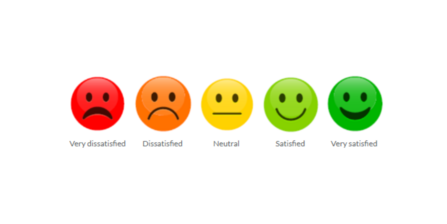
RSWT Satisfaction Survey
Download our local election posters
We have posters available for you to use as you wish. Pop them in the window or place by the door to give you key issues to talk about if you are approached by a candidate.
Want to know more?
Explore our other webpages with more information about campaigning, political issues, and inspiring #TeamWilder stories
